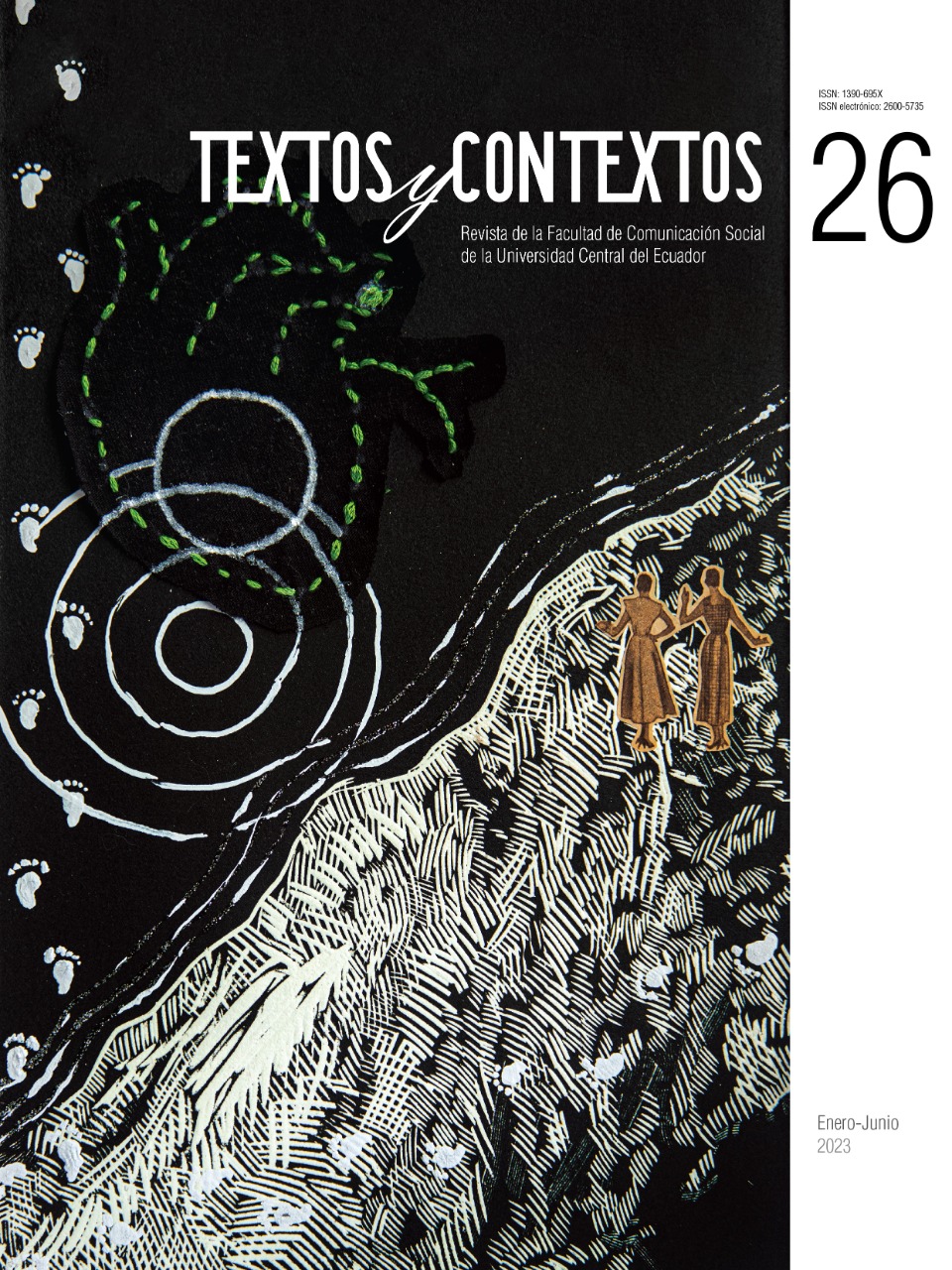Political power drifts and its dispersion: rebellion and counter- power
Main Article Content
Abstract
This paper makes a critical analysis of the term counter-power in Luis Villoro's political philosophy. The concretion of this term implements a theoretical perspective for the interpretation of social phenomena whose subjects are the native peoples and their ethical-political praxis. From this horizon, it is possible to propose a look at the sociocultural and political reality of native peoples. In the first part, the meaning of counter-power in the philosophy of Luis Villoro is reconstructed. In the second part, the derivations of counter-power are compared with those of John Holloway's term anti-power, testing the scope of both conceptions. Finally, the examination of counter-power in contrast with the ethical-political conceptions of the Mayan communities of Mexico is recovered, where the proposal of a political analysis of the native peoples is articulated. The method used is discourse analysis, from the political philosophy as a framework of understanding.
Downloads
Metrics
Article Details

This work is licensed under a Creative Commons Attribution-NonCommercial 4.0 International License.
References
Aristóteles (2011). Metafísica. Editorial Gredos.
Corominas, J. (1987). Breve diccionario etimológico de la lengua castellana. GREDOS.
Dussel, E. (2015). 20 Tesis de política. Siglo XXI editores.
Echeverría, B. (2012). Vuelta de Siglo. Siglo XXI editores.
Florescano, E. (2005, 12 de junio). Chicén Itzá y los orígenes del Popol Vuh. La jornada semanal, 536.https://www.jornada.com.mx/2005/06/12/semenrique.html#:~:text=Se%20trata%20de%20una%20tradici%C3%B3n,a%20900%20d.C.)%20en%20Teotihuac%C3%A1n.
Foucault, M. (1980). Microfísica del Poder. La Piqueta.
Foucault, M. (2008). Defender la sociedad. Fondo de Cultura Económica.
Hegel, G. (2015). Fenomenología del espíritu. Fondo de Cultura Económica.
Hobbes, T. (2012). Leviatán, o la materia, forma y poder de una república eclesiástica y civil. Fondo de Cultura Económica.
Holloway, J. (2005). Cambiar el mundo sin tomar el poder, el significado de la revolución hoy. Editorial Herramienta.
Le Bot Yvon, (2013). La gran revuelta indígena. OCEANO.
Lenkersdorf, C. (2006). La semántica del tojolabal y su cosmovisión. UNAM.
Lenkersdorf, C. (2020). Filosofar en clave tojolabal. Miguel Ángel Porrúa.
Popol Vuh, Las antiguas historias del Quiché. (2019). Fondo de Cultura Económica.
Ruíz, C. (2011). El fetichismo y la cosificación de las relaciones sociales en el sistema capitalista, Praxis Filosófica, 33, 191-206. https://www.redalyc.org/pdf/2090/209022660009.pdf
Sánchez Macgrégor, J. (1991). Colón y Las Casas. Poder y Contrapoder en la Filosofía de la Historia Latinoamericana. FFyL/UNAM.
Sánchez Vázquez, A. (2003). La filosofía de la praxis. Siglo XXI editores.
Sánchez Vázquez, A. (2007). Entre la realidad y la utopía. Ensayos sobre política, moral y socialismo. UNAM/FCE.
Todorov, T. (1995). La vida en común. Ensayo de antropología general. Santillana S.A./Taurus.
Villoro, L. (2012). El poder y el Valor. Fundamentos de una ética política. Fondo de Cultura Económica.
Yáñez, F. (2003). Habla Fernando Yáñez en entrevista con Blanche Petriche. Revista Rebeldía, 4, 52-54.
Weber, M. (1995). El político y el científico. Altaya.




